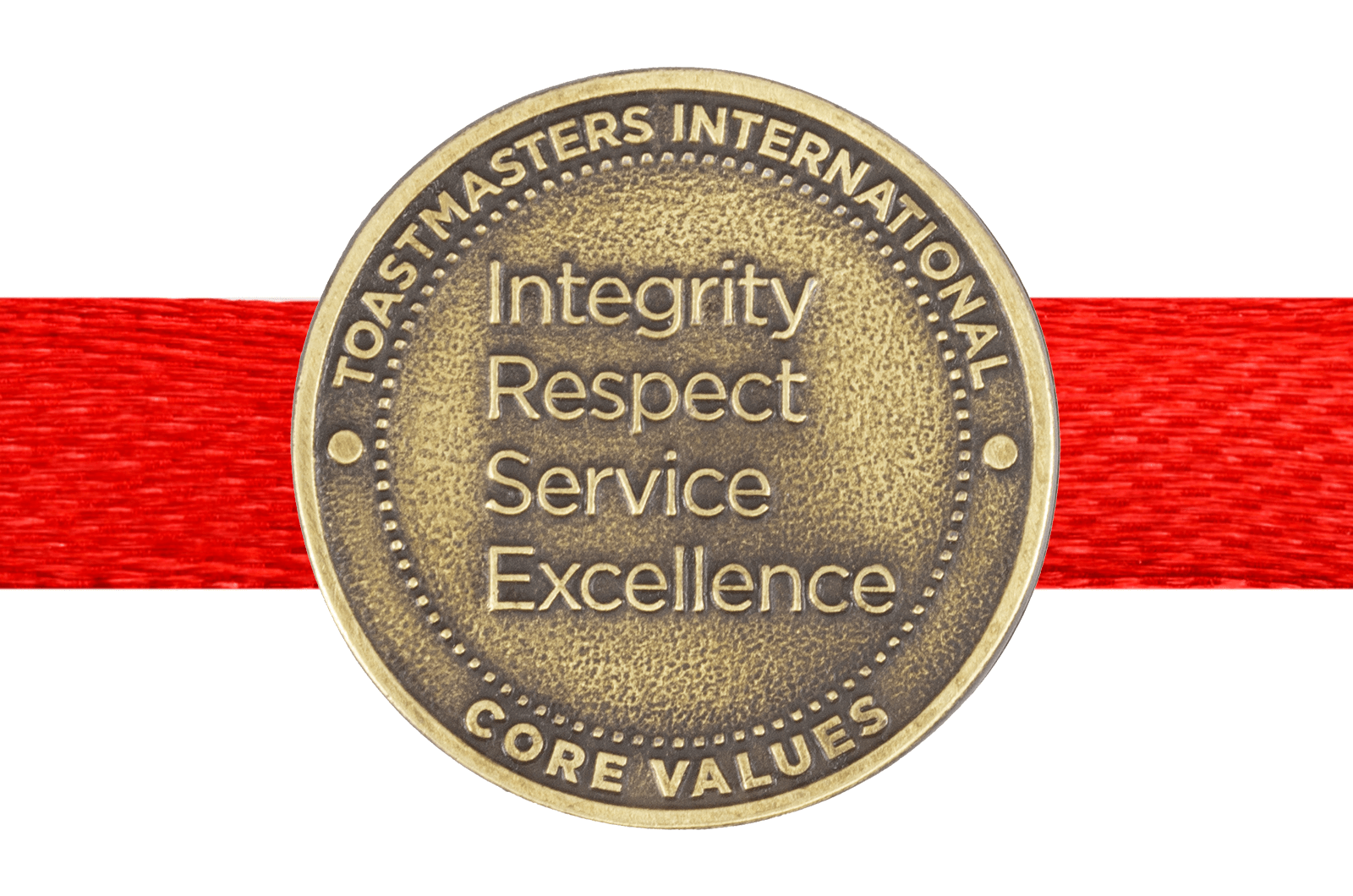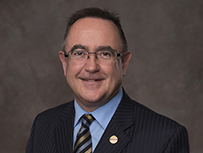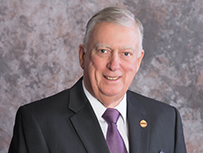
In Toastmasters, all members are guided by a set of essential core values: integrity, respect, service, and excellence. These values enable member achievement through club excellence. In fact, through the process of practicing and learning in Toastmasters clubs, we discover that the fourth value—excellence—cannot exist without adherence to the first three. And of those, the very first value is perhaps the most important. Let’s take a closer look at integrity. It’s a key value for good reason.
Three Meanings of Integrity
As Toastmasters International Chief Executive Officer Daniel Rex has said, “The entire Toastmasters program depends on the integrity of each member; that is why it is our first core value.” Through our experiences in Toastmasters, we become better people who take the lessons we learn in the club and apply them in our families, communities, and careers. Integrity leads to success in the wide-ranging landscapes of our lives. But what does integrity really mean?
The Merriam-Webster Online Dictionary offers three definitions:
- firm adherence to a code of especially moral or artistic values
- an unimpaired condition
- the quality or state of being complete or undivided
Each form of integrity builds success in its own way. A club must have incorruptibility (adhering to the club mission and all rules), soundness (a solid foundation), and completeness (collaboration and participation) in order to survive and thrive through any challenge. Whether it’s the classic struggle to attract more club members or the recent effort to conduct meetings and education projects online, the solutions that champion club integrity lead to personal and professional growth. For example, when we adhere to a code of values when competing in speech contests, we strengthen our powers of communication and persuasion.
Know the Rules So You Can Follow Them
Toastmasters Past International President Jim Kokocki (2015-2016), DTM, places high value on having a code of conduct in Toastmasters and in life. “When our members learn to communicate organizational goals with people who can help achieve them, and then pursue the goals guided by core values, they become well-equipped to serve their organizations and the world,” he says. Kokocki sees that definition as an excellent starting point for developing personal integrity. “Without people who are dependable, honest, and forthright, no organization could continue to grow and thrive in today’s world,” he says.
Kokocki suggests a discussion around core values for Table Topics®. Start by asking: What does integrity mean to our club? From there, you can build questions around each of the values and their meanings.
Tip: Your club members will benefit when the rules to speech contests are clearly understood and followed. Violations of contest rules can cause disqualifications and are not fair to fellow participants. Begin by reading, sharing, discussing, and observing the detailed guidelines presented in the Speech Contest Rulebook. Every time you make an effort to learn the rules of any activity, you’re more likely to get them right and adhere to the agreed-upon code of moral or artistic values.
Protect Your Club’s Reputation
Unethical behavior has the power to destroy the structural integrity of an entire organization. This is one reason Toastmasters International lists integrity first in its core values. As Michelle Alba-Lim, DTM, of Sutherlin, Oregon, puts it: “I have come to understand why we state Toastmasters’ core values as integrity first. The acronym [for “integrity, respect, service, and excellence”] is ‘IRSE.’ Even though ‘RISE’ would make a better acronym, without integrity the other core values would lose their true meaning. … We put its letter first, because integrity is more than just a value we teach—it’s critically important to the credibility and solidity of any organization in which our members participate.”
Tip: Once your club members understand the rules, a good means of preserving the condition of your club is displaying transparency in your attempt to follow those rules. Be open with everyone about expectations and outcomes. For example, you can create a poster that shows time restrictions on speeches in all categories. If your club meets online, you can create a shared document that displays time requirements. When the club timer reports exact times, it aids transparency, so that no one questions the condition of your club’s integrity. Follow these steps with all the rules, so that everyone understands all speech requirements and how well they were met. You can even display this tabletop Core Values Banner at your meetings as a reminder.
Completeness of Individuals Leads to Completeness of Clubs
Currently, this application of integrity is the most relevant to the success of all members. With the advent of COVID-19, a high percentage of clubs have been forced to move their meetings online for safety’s sake. While it’s likely a temporary situation, this offers both challenges and opportunities.
While many clubs have been successful in transitioning to meeting online, others have hesitated. It’s a call to action for every club leader to ensure that all members have access to club meetings, understand the technical requirements, and continue to participate. Are you persistently reaching out to those who haven’t connected and helping them find their way online? You can preserve your club’s integrity by respecting its individuals.
“The entire Toastmasters program depends on the integrity of each member; that is why it is our first core value.”
— Toastmasters Chief Executive Officer Daniel RexAlso, seize the opportunity to serve your club members as they grow and adapt in a changing world. The skills they develop will benefit them personally and professionally through society’s shift toward the new normal of online interconnectedness. As leaders, you can build on the experience of setting up and participating in online meetings. Even after you return to in-person club meetings, you’ll have gained effective skills to help promote your club online. Through Toastmasters’ core values, starting with integrity, we can make a real difference in our clubs and in the world.
Tip: Integrity in this form is not just about your club or District. More importantly, it’s about helping each individual member reach their personal and professional goals. Are the leaders of your club checking in with all members to confirm that they’re making progress toward achieving their goals? If you haven’t already done so, make sure to take full advantage of the Pathways Mentor Program. Club leaders can go a long way in assisting mentorship, even among seasoned members. By making mentoring a regular club activity, you’re supporting the integrity—the journey toward reaching one’s full potential—of your fellow members.
Beth Black is a freelance writer and editor who lives in Orange County, California. Learn more about her at PracticalPoet.com.



 Previous
Previous
 Previous Article
Previous Article

